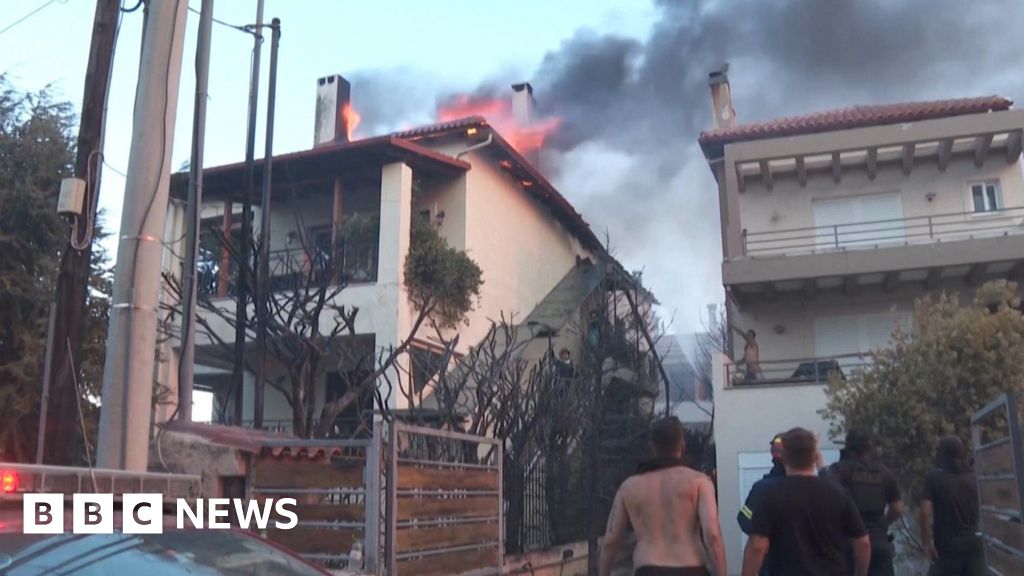ARTICLE AD BOX
The first round in the legal battle over leaked Signal chat messages about the U.S. attack on Houthi rebels fizzled Thursday as a judge ordered the government to do what it said it’s already trying to do: preserve the records in accordance with the law.
“The agencies are working on preserving what they have,” said Amber Richer, the Justice Department lawyer.
Judge James Boasberg said his order would back up that assurance.
“Defendants shall promptly make best efforts to preserve all Signal communications from March 11-15, 2025,” he ordered.
He asked for an update by next Monday on the steps the government has taken.
That falls short of any guarantees, but Judge Boasberg said the law requires agencies to have policies in place. It does not mandate perfection. He said that if there’s evidence of broad noncompliance, the case could expand.
Benjamin Sparks, the lawyer for American Oversight, which brought the lawsuit, said time is critical because Signal’s settings allow automatic deletion of messages.
“These messages are in imminent danger of destruction,” he told the judge.
The case was rushed to a hearing after news broke Monday that a chat on the encrypted messaging app between top Trump officials also included Jeffrey Goldberg, editor of The Atlantic. He reported the messages, saying they seemed to show sensitive information about the upcoming attack on rebel forces in Yemen.
The political danger from the chat is far more serious at this point than the legal case, with calls proliferating for National Security Adviser Mike Waltz to resign.
President Trump has expressed confidence in Mr. Waltz.
Mr. Trump wasn’t on the chat but Vice President J.D. Vance was, as were Defense Secretary Pete Hegseth, CIA Director John Ratcliffe, Director of National Intelligence Tulsi Gabbard and others.
Ms. Gabbard told lawmakers Tuesday that no secret intelligence information was included in the chat.
American Oversight, a watchdog group, filed a lawsuit this week saying the chat sessions appeared to be official government records but, because they were on the encrypted platform, the group feared they weren’t being stored according to the law.
Ms. Richer said the agencies involved are doing that — at least for what’s in their possession.
That seemed good enough for Judge Boasberg.
He has come under personal fire by Mr. Trump, who said he was suspicious that the case fell to Judge Boasberg. The judge also is involved in another touchy case over the president’s attempt to deport Venezuelan gang suspects.
Judge Boasberg kicked off Thursday’s hearing by tackling that accusation head-on.
“All new cases are randomly assigned,” he said, detailing the process by which judges in the district court in Washington spread out the workload.
In briefs filed in the case, the Treasury Department said it has already gathered some of the chat messages that were sent by email to senior department officials.
The Defense Department said it has also prodded Mr. Hegseth to made sure the messages are sent to an official record-keeping system.
The chats raise a broader, long-standing issue about texts and official records. While texts dealing with government business are official records, they rarely show up in open-records requests, suggesting that many officials aren’t following the law’s directives.
The case also has antecedents in former Secretary of State Hillary Clinton, who used a secret email server to conduct government business, shielding many of her messages from open-records requests.
Judge Boasberg was involved in the legal challenges a decade ago seeking Mrs. Clinton’s emails.

 4 months ago
94
4 months ago
94








 English (US) ·
English (US) ·